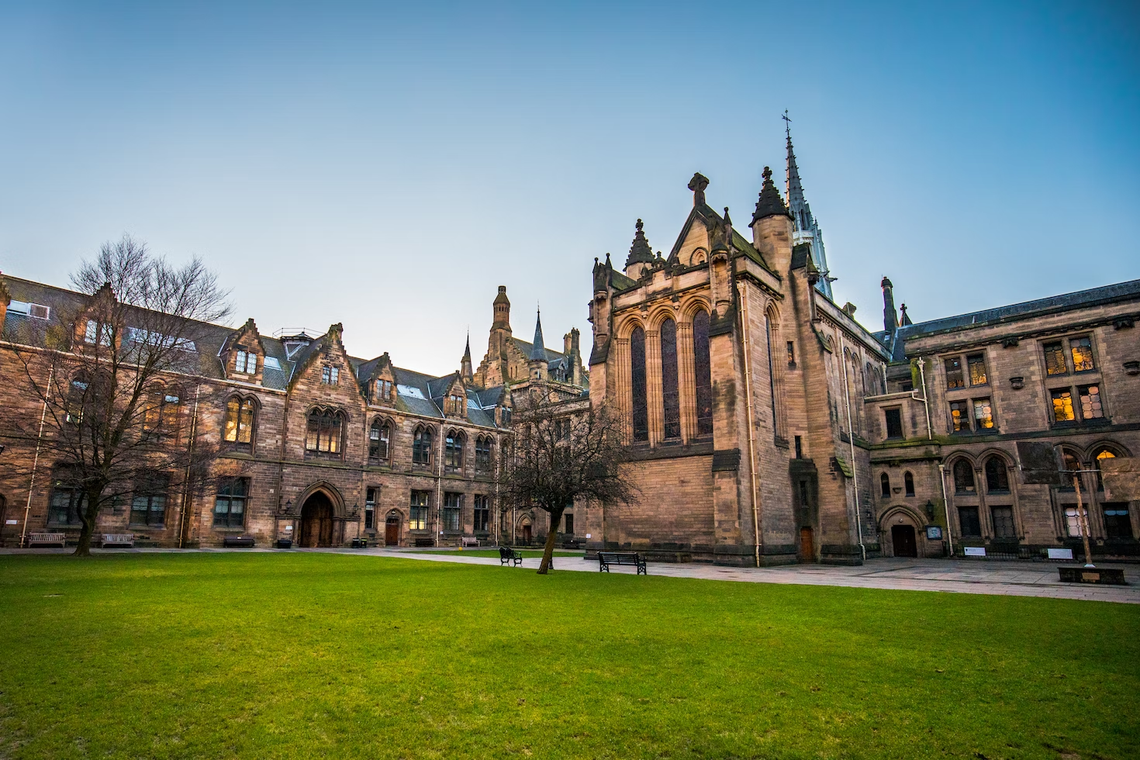Apply to a foreign university with confidence
- Properly fulfilled documents
- Perfect motivation letter
- Support from a personal mentor
- Offers from several universities
Article score: 4.67 out of 5 (6 reviews)
Bachelor degree in Canada is cheaper than in US. Read more about bachelor degrees in the article
Free consultation





Bachelor’s programs in Canada are chosen by students who wish to receive top-tier education. According to QS rating, the Canadian higher education system is among the top 5 strongest in the world[1]. Canadian universities attract students not only with their high academic level, but also by their orientation toward the modern labor market: many of them have partnerships with large companies that offer students internships during their studies.
Although Canadian education is expensive (around 20,791 USD per year), it will cost less than a similar degree in the United States. An applicant can try to get a scholarship to study, but in comparison with the US, there are few scholarship programs for foreigners in Canada.
Items 1-10 of 419
Advanced searchUniversities and university colleges are eligible to issue bachelor's degrees in Canada. Training takes 3-4 years. Canada is not a member of the Bologna system, therefore, calculation of study time does not occur in European educational credits (ECTS), but in a system that is determined by each university independently. For example, the University of Toronto measures the performance in units, each of which is equivalent to 6 ECTS. In order to obtain a bachelor's degree, you must obtain 20 units[2]. McGill University also implemented its own credit system: 1 credit is equivalent to 2 ECTS[3].
In addition to the usual types of bachelor’s studies (for example, BA and BSc), there is a cooperative education program. During this program, students combine study and work, for which they also receive credits as part of the educational process. Co-op training usually lasts for 4.5 years.

The academic year in Canadian universities usually lasts from September to May, divided into 2 semesters. Some schools have a summer semester.
In the process of learning, lectures take the back seat, the main emphasis is on seminars and independent studies. This format of training requires students to be highly interested in the chosen program. In addition to compulsory subjects, bachelor students have the opportunity to choose additional courses outside the curriculum. Many universities also give credits for non-academic activities.
There is no definitive statistics on this matter, however, according to some sources, about 20% of students of Canadian universities are expelled or leave the university in their first year of studies. The reason for this may be high tuition prices, which only grow every year, or disappointment in the chosen program. Also, many students do not accustom to a strict teaching style of Canadian universities.
Canadian rigor is especially apparent during the examination period: a student who does not pass an exam is given a single attempt to retake it. Moreover, all re-examinations take place in August, which also complicates the learning process for students.

60+ countries
we work with
$1,000,000 saved
by students through scholarships
6,400 offers
our students got